CONNECT THE GLOBE
Dav Whatmore
Never say never
Sri Lanka born Australian cricket coach and former Test cricketer Dav Whatmore has made a name for himself in more ways than one. He was the first Sri Lankan to play Test cricket for Australia back in the late 1970s. And he is a renowned coach, having served as the head coach of Sri Lanka when we won the ODI Cricket World Cup in 1996, as well as being joint winners (alongside India) of the ICC Champions Trophy in 2022.
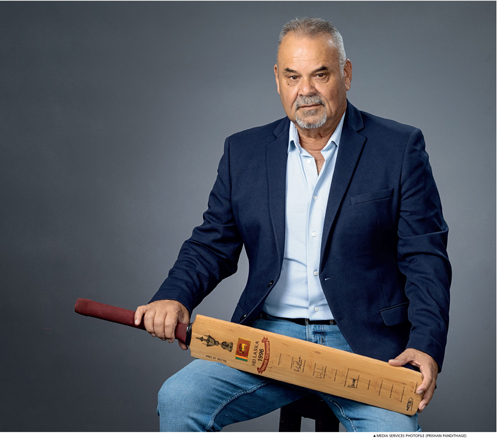
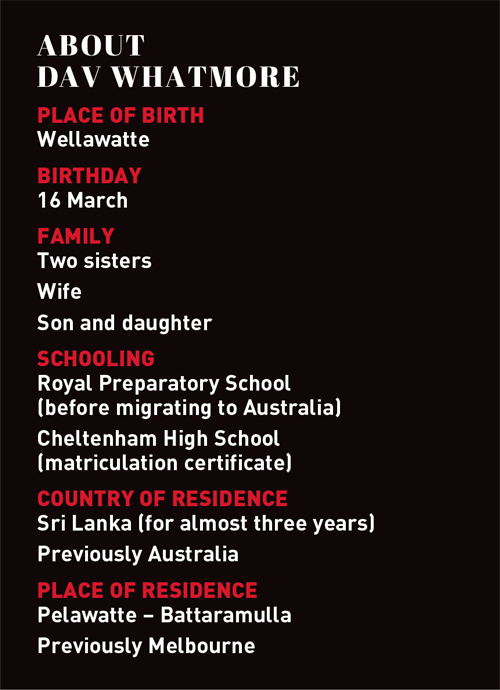
Many cricketers, commentators and fans credit him for the discipline he instilled in the squad, along with his tactical and strategic mindset – and perhaps the national team has lacked continuity on this front since his tenure ended more than two decades ago.
Davenell (Dav) Frederick Whatmore made his first-class debut in 1975/76 on a tour to South Africa with a Derek Robins XI. Debuting for Victoria at the end of that summer, he was appointed vice captain the following year under Graham Yallop.
His Australian debut came in 1979 when he was picked to play against Pakistan – and Whatmore was the top scorer in Australia’s first innings with 43 in his first Test. He played seven Tests, and retired from professional cricket in 1988/89 to pursue a coaching career.
Since then, he has coached Lancashire, Bangladesh, Kolkata Knight Riders (KKR), Pakistan, Zimbabwe, Kerala Cricket Association, Singapore, Nepal and Baroda.
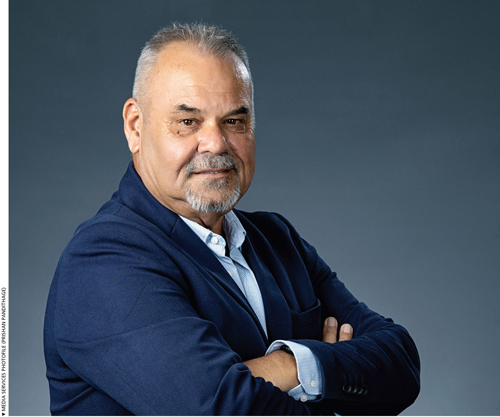
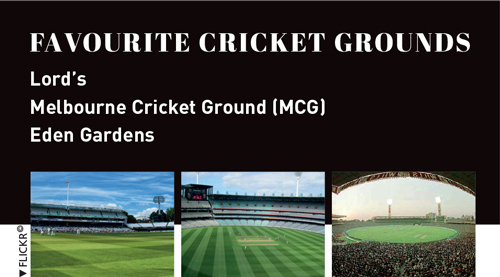
In this exclusive interview for LMD International’s fourth cover story, Whatmore offers his perspective on the ’96 World Cup victory, his take on Sri Lankan cricket’s evolution since then and his thoughts on the introduction of new formats to the game that Sri Lankans across the globe simply love.
I am a third generation Sri Lankan, having been born in Wellawatte – I’ve always had a connection with Sri Lanka

Q: Where are you coaching at this time and for how long?
A: I have taken a break from team coaching in India for this season. This has enabled me to take up other smaller assignments like coaching in the GT20 in Canada.
I recently completed an eight week contract with WION – a news channel in Noida, India, analysing all the Cricket World Cup matches.
Q: How would you describe your (Sri Lankan) roots and connection with Sri Lanka?
A: I am a third generation Sri Lankan, having been born in Wellawatte – I’ve always had a connection with Sri Lanka.
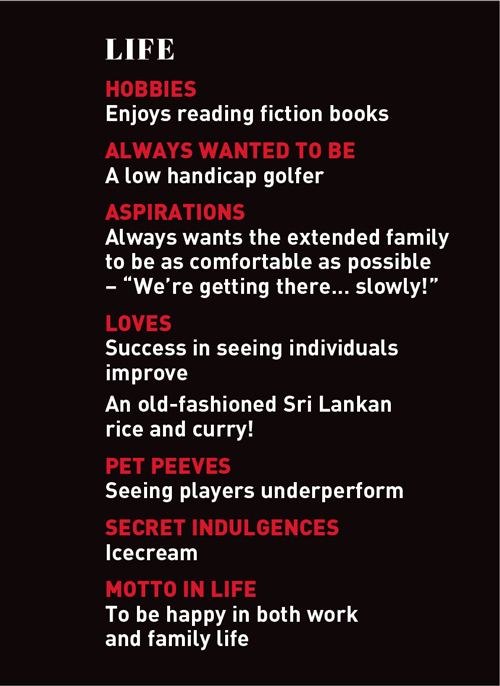
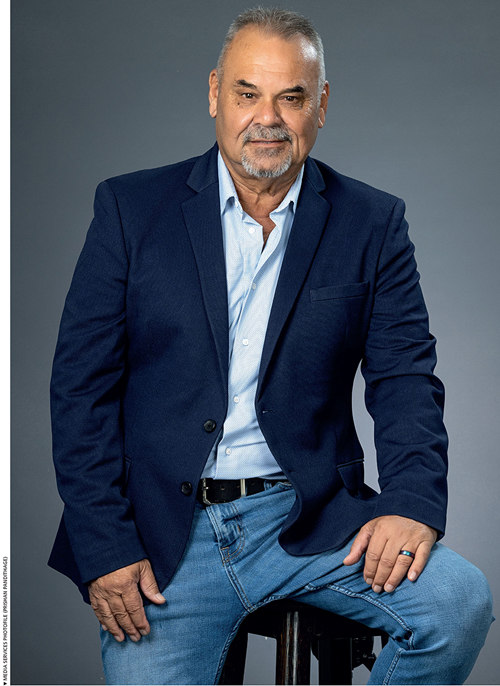
Q: And what do you appreciate the most about Sri Lanka?
A: The lifestyle in Sri Lanka is unparalleled compared to most other countries.
Q: Sri Lanka’s 1996 World Cup victory was an iconic moment in cricketing history. Could you share some of your memories and experiences from that historic run through the tournament – and that epic final in Lahore?
A: I have many memories from that World Cup in ’96. The main ones are the semifinal and final.
It was lucky that India decided to bowl first as the wicket was difficult to chase a total on in the semifinal. Despite losing two early wickets, we posted a competitive score that was protected.
The final was always ours as the players had a golden opportunity to reverse our recent loss to Australia a month or so earlier. The players thoroughly deserved to be crowned ‘Champions of the World’ in One Day International (ODI) cricket.
Q: How have you viewed Sri Lankan cricket’s evolution since 1996 – and what challenges have we faced, in your opinion?
A: The team has had its ups and downs since 1996. There have been some world-class players produced by our tiny island over the years.
Sadly now, the team is facing challenges and will need to address them quickly. More thought into the planning and preparation phases before each series of matches and tours is required.

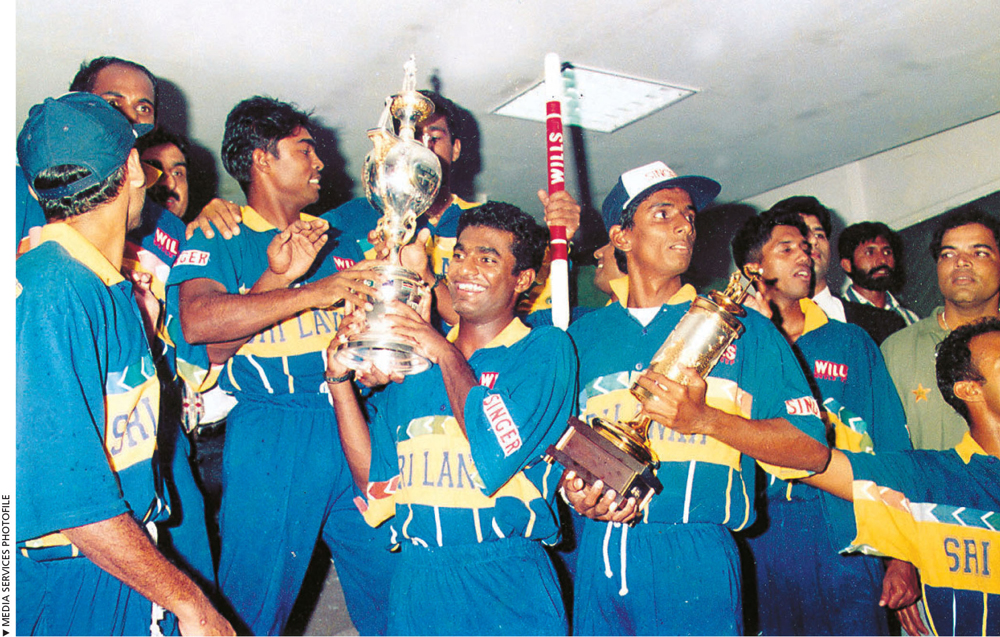
Q: Concerted action is being taken to take cricket beyond traditional boundaries. What are your thoughts on this – especially considering that the forthcoming T20 World Cup will have games in the United States as well as the Caribbean?
A: TheT20 World Cup in the West Indies and US will be very important for both countries. All the participating teams will want to be at the top of their game to compete for the ultimate.
Expect some record-breaking performances from both the bowling and batting.
Q: As a cricket coach, do you have a specific mantra? And how does this philosophy evolve when working with different countries or cultures?
A: I have a simple approach to my coaching assignments – to create a healthy and supportive environment for performance by individuals to achieve results. Obviously, there are many more parts to it but all of this comes under the broad heading of management.
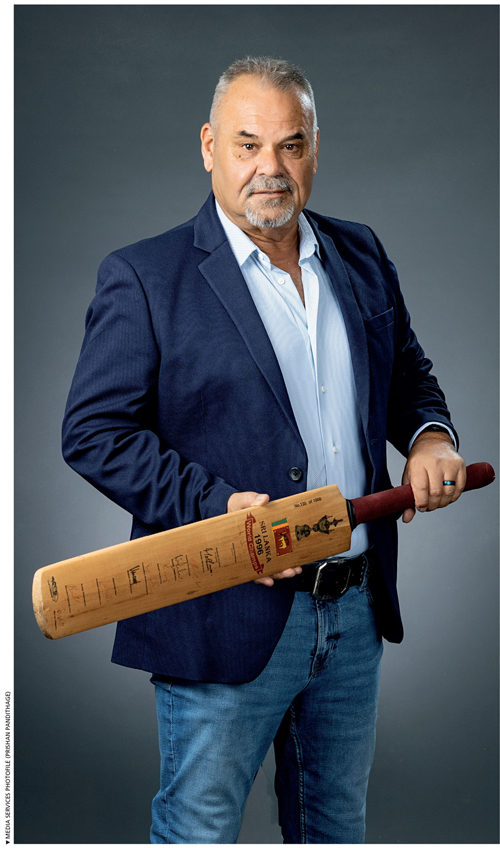

Q: In the context of a national cricket squad, what in your view is the ideal mix of selectors… should they include the coach and possibly the captain, for example?
A: Selectors are possibly the most important committee, in my opinion. The best practice is for a close relationship with them and the playing management.
If a shared vision is agreed, it becomes easier to select correctly without outside interference.
Q: Could you pick a few Sri Lankan cricketers who have caught your eye in the last two or three years – and why you think they’re special?
A: I watched every World Cup match in October and November; and I’ve always thought that Dilshan Madushanka is a good prospect. His challenge now is to continue to improve and stay injury free.
Sadeera Samarawickrama and Charith Asalanka also have the potential to enjoy long careers. Again, they need to improve and be consistent in their contributions.
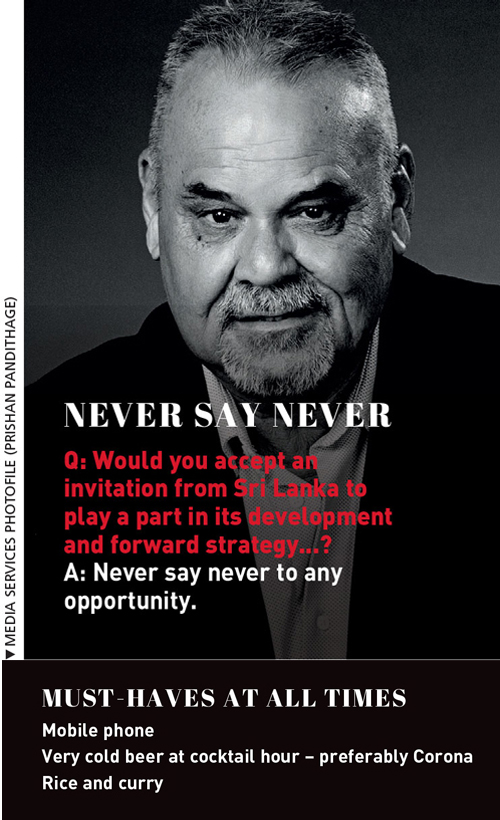
Q: Are you in favour of the growing number of formats in international cricket – lately, T10? (And why…?)
A: The more formats that are played – with T10 being the latest – the less available time for bilateral cricket. All these options provide more opportunities for players to earn a living but the cricket boards need to manage their players appropriately.
Q: How do you look to use your experiences to help others improve their craft
A: I’ve always wanted to assist others in all walks of life whenever I could.
Specifically, I didn’t realise my potential in cricket despite playing seven Test matches for Australia – and understanding what I lacked as a player has helped me to assist others in achieving their goals.
I continue to learn with every assignment, and enjoy the interaction and success of others.
There have been some world-class players produced by our tiny island over the years
Selectors are possibly the most important committee, in my opinion. The best practice is for a close relationship with them and the playing management
I didn’t realise my potential in cricket despite playing seven Test matches for Australia – and understanding what I lacked as a player has helped me to assist others in achieving their goals

